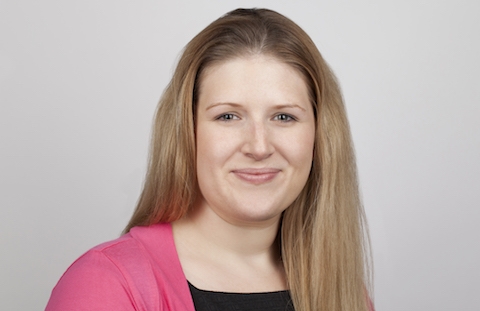Paraplanners have had an important role in financial services for a long time now. From what I've seen, references to Paraplanners have been made for around 20 years - back when they were a lonely, almost unknown role.
When I put that into perspective, I think my own seven years’ experience of Paraplanning makes me a relative 'newbie'. Despite that, my work is something that I have wholeheartedly thrown myself into over those seven short years. The steep learning curve in the formative period of a new profession are made all the more challenging for Paraplanners as they balance their own writing style with that of their adviser’s at the same time as they work to discover their own areas of strength or specialism.
What I have learnt (so far) is that there is a difference between proving your technical prowess and having the experience necessary to call yourself a 'proper' Paraplanner.
My own technical knowledge has largely come from an examination process - mostly with the CII. My confidence came with CFPTM qualification and working to meet the standards set by the Financial Planning Standards Board (the global Financial Planning Standards body) and my experience, while still developing, comes from working within a Financial Planning firm and learning to put all of the technical detail into practice for our clients.
There comes a point where, perhaps periodically, advisers and paraplanners have to take a break from their studies and focus on the practical aspects of the work they do. Refine their processes, implement new ideas and sharpen the saw. Paraplanners occasionally need to take a step back from sitting exams and studying textbooks – even from attending some events – so that we can focus on the work we do every day.
How long does it take? Will Paraplanners ever truly be able to say that they can put down the textbooks?
Maybe the studying can never fully stop - the Financial Planning profession is always learning, adapting and implementing new strategies to accommodate legislation changes and different client circumstances.
However, one key tool for me has been having a comprehensive plan for my Continuing Professional Development. A record of an area of weakness or a subject I need to work on - so that I know exactly where I should spend my time doing CPD.
Somewhere between ‘Exams and Experience’ lies the optimal combination of skills for a Paraplanner. I hope you find your optimal combination.
This is my first column for Financial Planning Today which I'll be contributing to each month. I'll be writing about topics and subjects of interests to Paraplanners. I welcome any suggestions or comments about what I've said so by all means drop me a line or say hello on Twitter.
One story I liked this week:
Standard Life’s Financial Planning arm launches fast track Paraplanners scheme
Standard Life’s Financial Planning arm, 1825 is currently launching a fast track training programme for their Paraplanners. The scheme is set to take 12 months from start to finish and offer structured training programme with mentors along the way and new entrants each year. Needless to say, I think 12 months will kick-start a career of keeping up with the ins and outs of Financial Planning.
• Joanna Hague is a Paraplanner at Investment for Life in Doncaster. Views are personal.
Started writing my first column for @FPTodayNews this week. All things Paraplanning...looking forward to hearing your comments!
— Joanna Hague (@JoCHague) May 5, 2016

